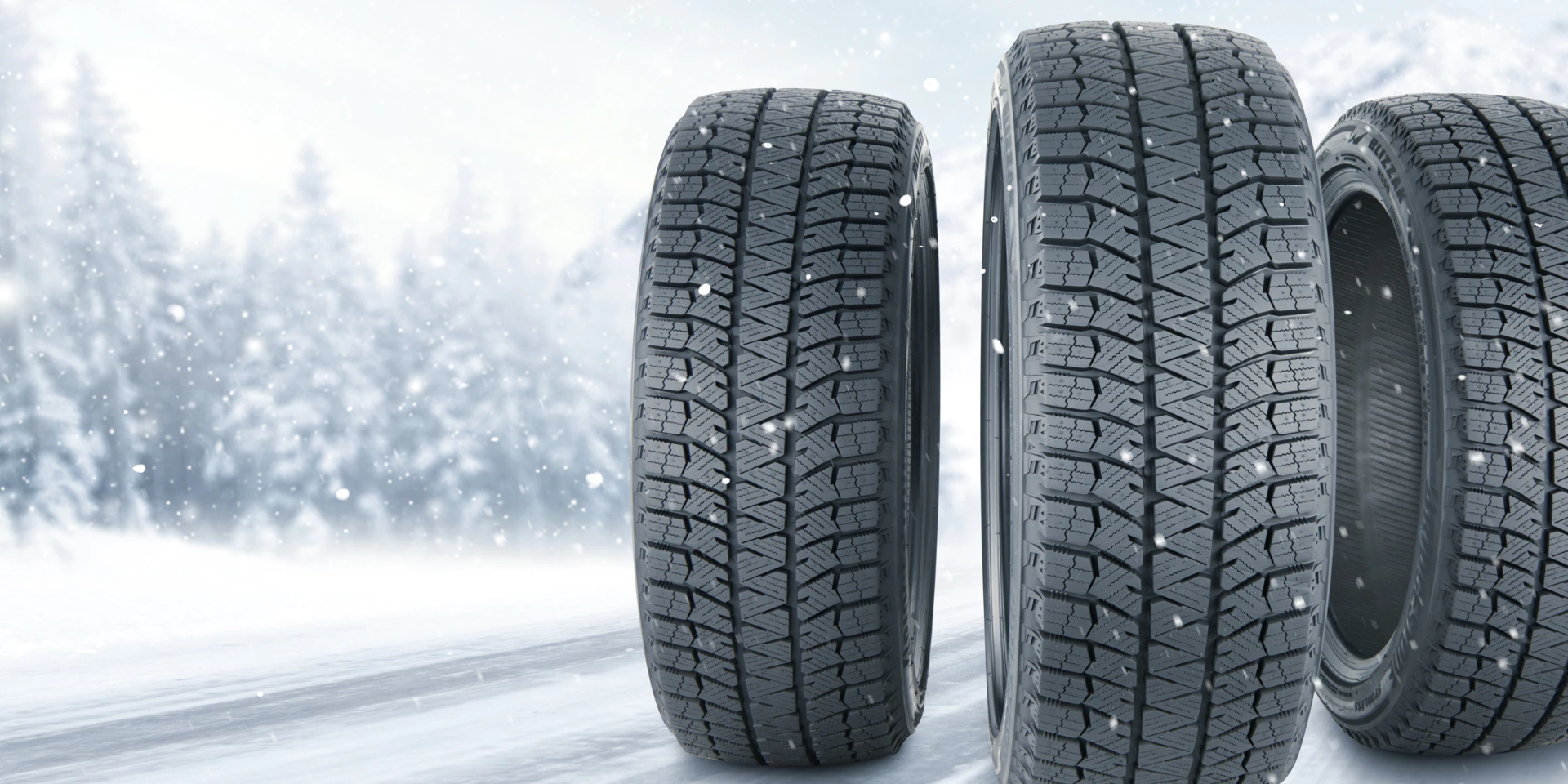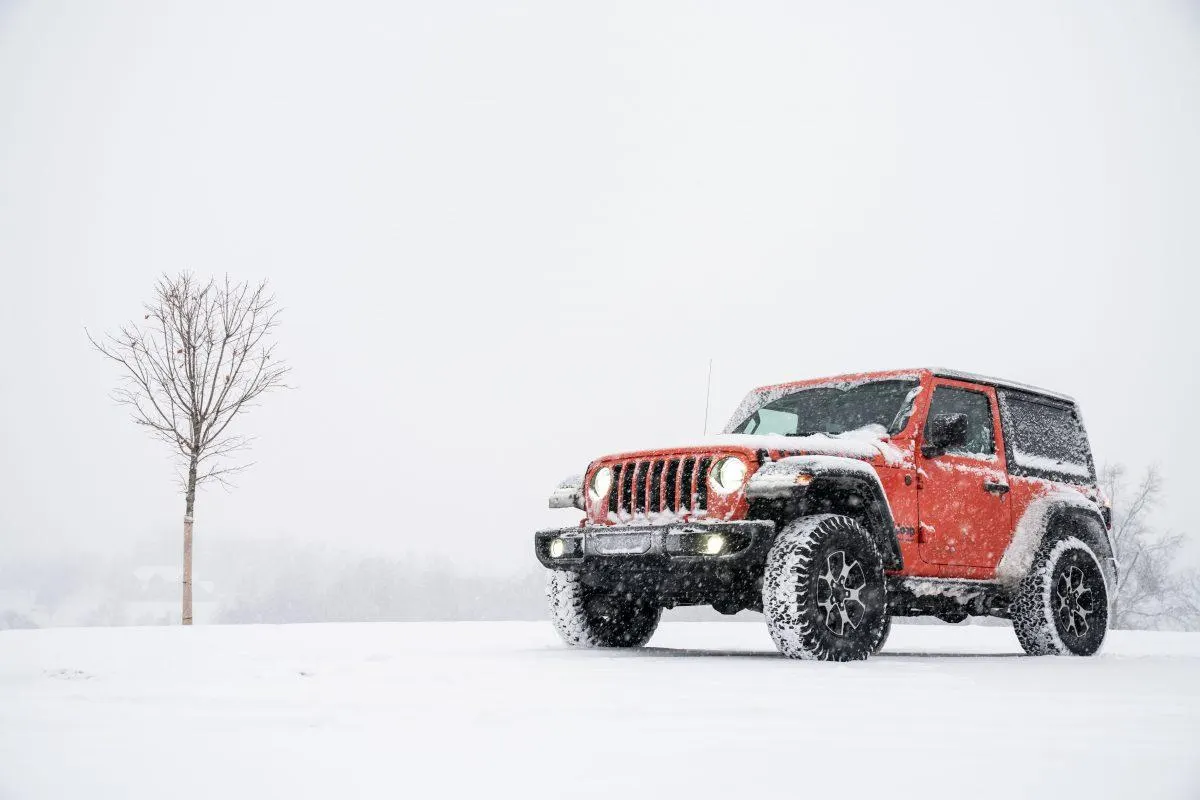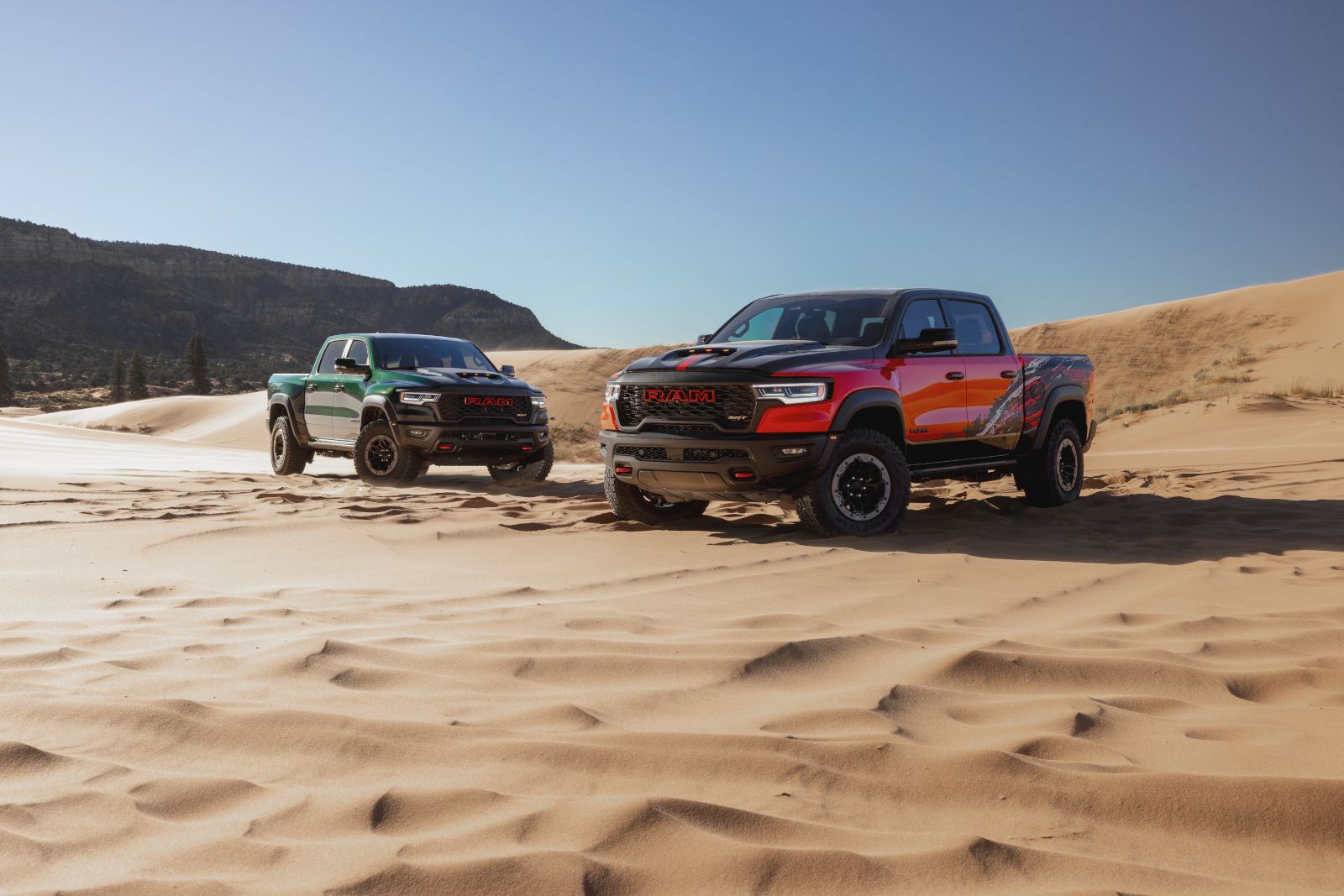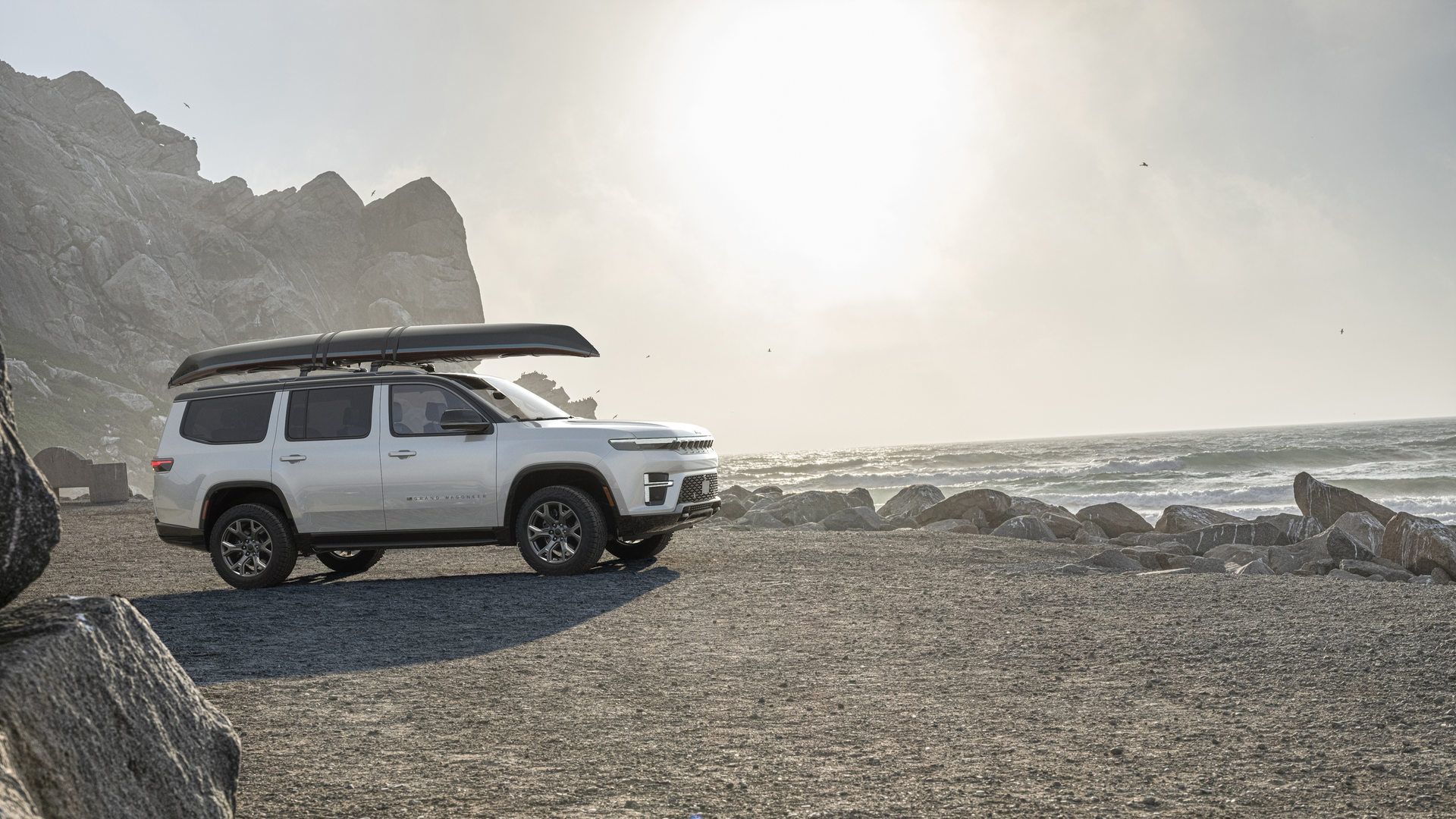Driving in B.C. winters is no easy task. From icy Vancouver streets to snowy Whistler highways, learn why winter tires provide the safety and confidence that all-seasons can’t match.
Picture this: It’s a frosty December morning in Vancouver. The sidewalks glisten with ice, the North Shore mountains are dusted white, and you’re packing up the family SUV for a weekend in Whistler. The excitement is high, but as soon as you leave the city and hit the Sea-to-Sky Highway, the road conditions change. Wet pavement turns to slush, then ice, and suddenly those “all-season” tires don’t feel quite as reassuring as they did in the fall.
This is the reality for countless B.C. drivers every winter. While all-season tires are marketed as a one-size-fits-all solution, they simply aren’t built to handle the diverse and challenging conditions of British Columbia’s winters. From downtown Vancouver’s black ice patches to the snow-packed curves of mountain highways, winter tires offer a level of safety and control that all-seasons can’t match.
All-Seasons: A Year-Round Compromise
On paper, all-season tires sound ideal. One set of tires for every month of the year, simple, convenient, and cost-effective. But the truth is, they’re more of a compromise than a solution.
All-season tires use harder rubber compounds designed to last longer in warm weather. But once temperatures dip below 7°C, that rubber stiffens, reducing its ability to grip the road. Their tread design is built for versatility, not specialization, meaning they lack the biting edges needed to cut into snow or channel slush.
This might not be noticeable on a damp October morning in Vancouver, but take the same tires onto the Coquihalla in January, and you’ll see the difference. Longer braking distances, reduced control on icy turns, and less responsiveness can turn a routine drive into a stressful one.
Winter Tires: Designed for B.C. Winters
Winter tires aren’t just “snow tires.” They’re purpose-built for cold weather driving. The rubber compounds remain flexible even in freezing temperatures, maintaining consistent contact with the road. Their deep tread patterns and sipes (small cuts in the tread blocks) are designed to dig into ice and snow, giving drivers more traction when they need it most.
The result is confidence. On a snowy road to Whistler, winter tires help you corner smoothly instead of sliding. On an icy bridge in Richmond, they can shorten your stopping distance by several car lengths compared to all-seasons. And in a place like B.C., where road conditions can change dramatically in a single trip, that difference can mean everything.

Modern winter tires are not the noisy, clunky tires of decades past. Many now feature noise reduction technologies for quieter rides and advanced compounds for longer tread life. Tires marked with the mountain snowflake symbol are certified to meet Transport Canada’s severe snow service requirements, the gold standard for winter driving.
But the advantage isn’t just about engineering. It’s about the peace of mind that comes with knowing your vehicle is equipped for the realities of B.C. winter driving. Whether you’re commuting across Vancouver or heading for a ski trip in Whistler, winter tires give you one less thing to worry about.
In British Columbia, winter tires (or chains) are required on many highways from October 1 to April 30, including the Sea-to-Sky Highway, the Coquihalla, and most Interior passes. Drivers caught without proper tires risk fines, delays, or even being turned back at checkpoints.
Even if you stay within Metro Vancouver, winter tires can be invaluable. Cold, wet mornings create black ice on shaded streets and bridges, making even short commutes risky. The added safety margin of winter tires is well worth it.
Benefits at a Glance
-
Shorter Stopping Distances: Winter tires can reduce braking distances on snow and ice by up to 30%.
-
Improved Traction: Specialized tread digs into snow and ice, improving grip.
-
Better Stability: More control when cornering or braking in unpredictable conditions.
-
Peace of Mind: Confidence to handle everything from city commutes to mountain passes.
British Columbia’s winter driving conditions are unique. One moment you’re navigating rain-soaked city streets; the next, you’re climbing into snow-covered mountains. Relying on all-season tires for such extremes can leave you vulnerable. Winter tires, by contrast, are designed to meet these challenges head-on.
Experience Safer Winter Driving with Ensign Pacific
At Ensign Pacific Chrysler Dodge Jeep Ram in Vancouver, we understand the realities of B.C. winters. Our team can walk you through the differences between all-season and winter tires, and help you choose the best option for your driving needs. Whether you’re commuting in the city or planning family trips up the Sea-to-Sky, we’ll make sure your vehicle is ready for the season.
Visit us in Vancouver to explore your winter tire options, and drive into winter with confidence.





